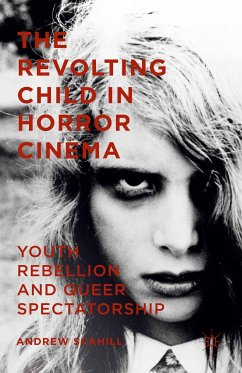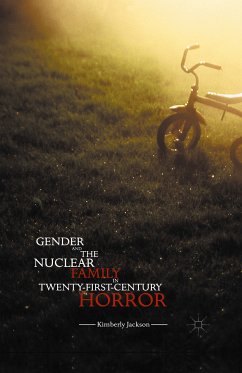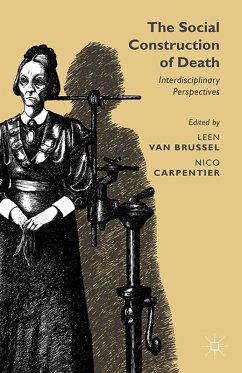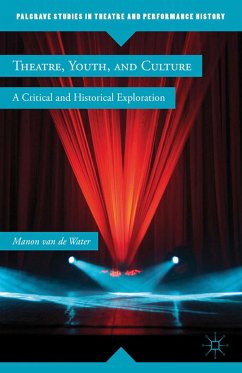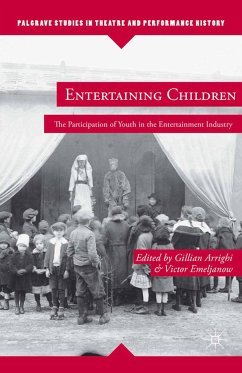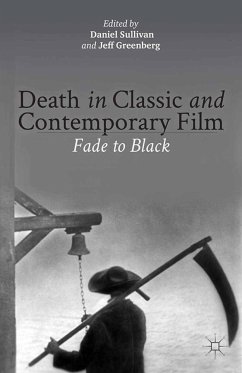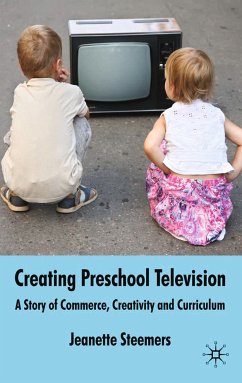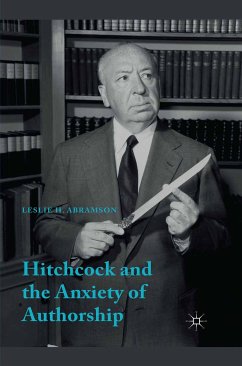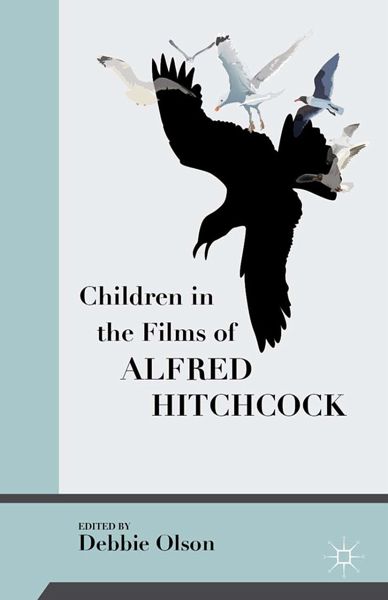
Children in the Films of Alfred Hitchcock (eBook, PDF)
Versandkostenfrei!
Sofort per Download lieferbar
72,95 €
inkl. MwSt.
Weitere Ausgaben:

PAYBACK Punkte
36 °P sammeln!
Children and youth perform both innocence and knowingness within Hitchcock's complex cinematic texts. Though the child often plays a small part, their significance - symbolically, theoretically, and philosophically - offers a unique opportunity to illuminate and interrogate the child presence within the cinematic complexity of Hitchcock's films.
Dieser Download kann aus rechtlichen Gründen nur mit Rechnungsadresse in A, B, BG, CY, CZ, D, DK, EW, E, FIN, F, GR, HR, H, IRL, I, LT, L, LR, M, NL, PL, P, R, S, SLO, SK ausgeliefert werden.



